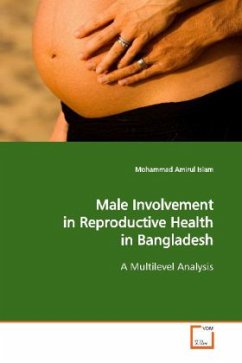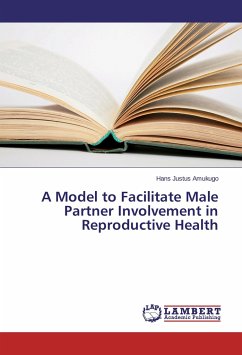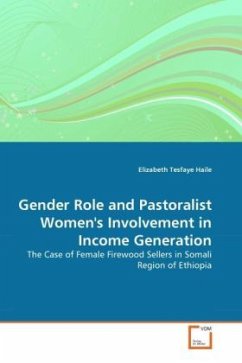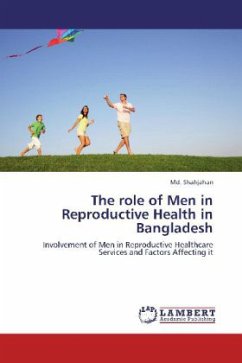A growing consensus has emerged among policy planners
to involve males in the reproductive health (RH)
programmes. One reason for this is men s dominating
role in the family decision process. This is globally
acknowledged, after the International Conference on
Population and Development (ICPD) held in Cairo,
1994. This book evaluated the status of male
involvement in RH in the world context and in the
Bangladeshi context. In-depth analyses of male
involvement in family planning (FP), one of the key
components of RH, have been done using Bangladesh
Demographic and Health Survey (DHS) couple dataset. A
conceptual frame work showing the relationship among
different components of men s involvement in FP has
been proposed. Consistency in reporting of
contraception by both the spouses has been addressed.
Multilevel models have been fitted considering the
hierarchical nature of DHS data. This book raised
some limitations of DHS variables and suggested
appropriate modeling strategies.
to involve males in the reproductive health (RH)
programmes. One reason for this is men s dominating
role in the family decision process. This is globally
acknowledged, after the International Conference on
Population and Development (ICPD) held in Cairo,
1994. This book evaluated the status of male
involvement in RH in the world context and in the
Bangladeshi context. In-depth analyses of male
involvement in family planning (FP), one of the key
components of RH, have been done using Bangladesh
Demographic and Health Survey (DHS) couple dataset. A
conceptual frame work showing the relationship among
different components of men s involvement in FP has
been proposed. Consistency in reporting of
contraception by both the spouses has been addressed.
Multilevel models have been fitted considering the
hierarchical nature of DHS data. This book raised
some limitations of DHS variables and suggested
appropriate modeling strategies.








